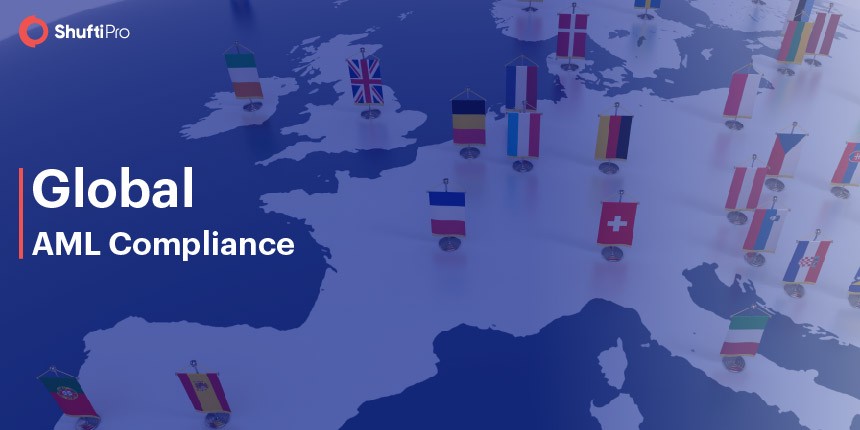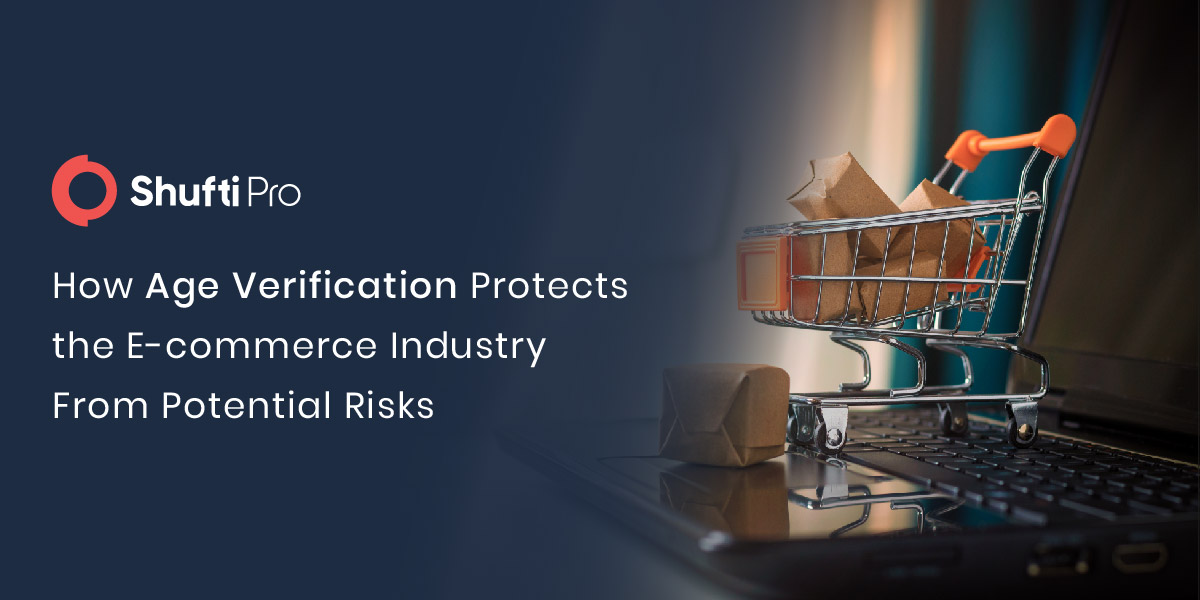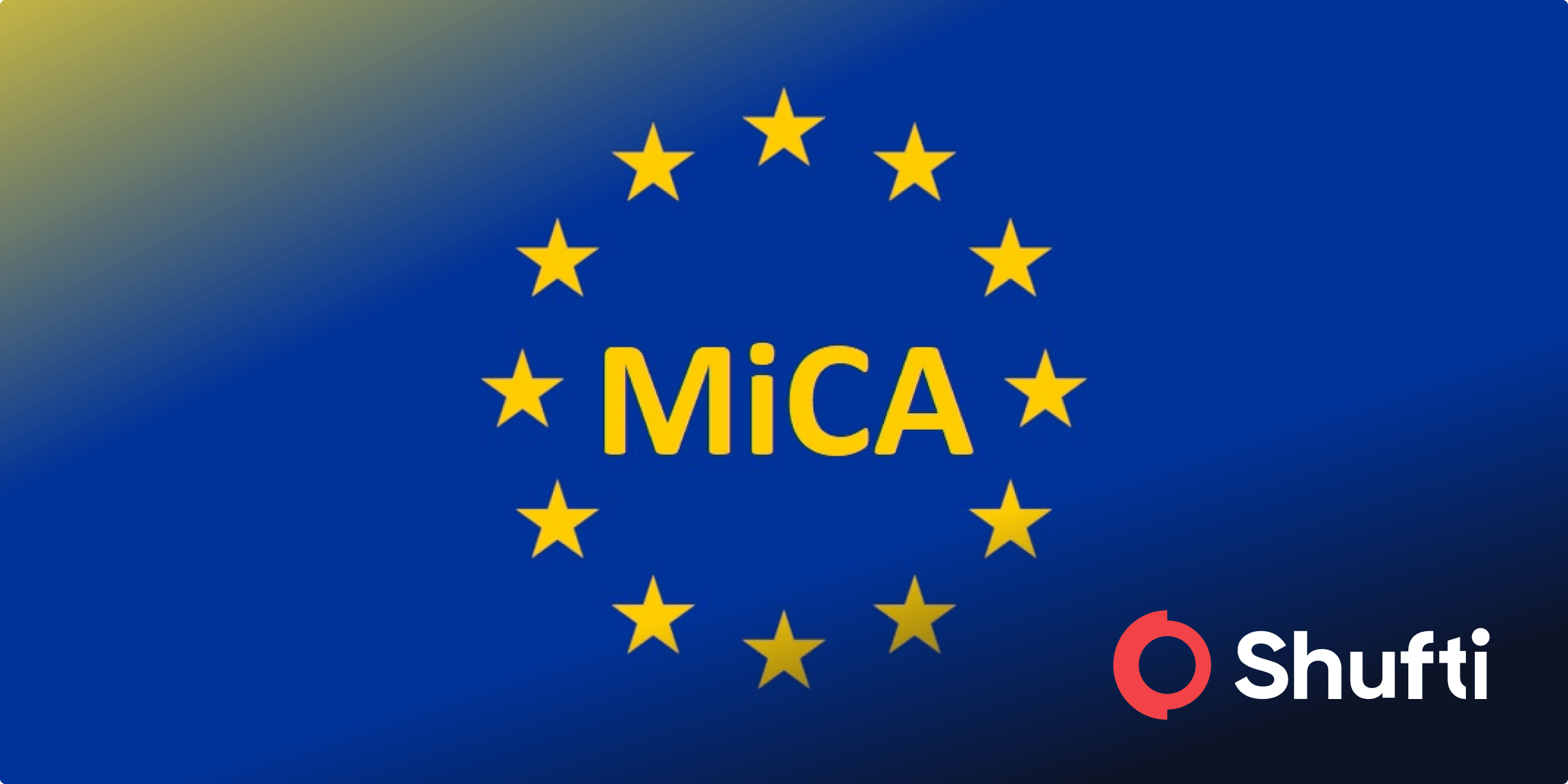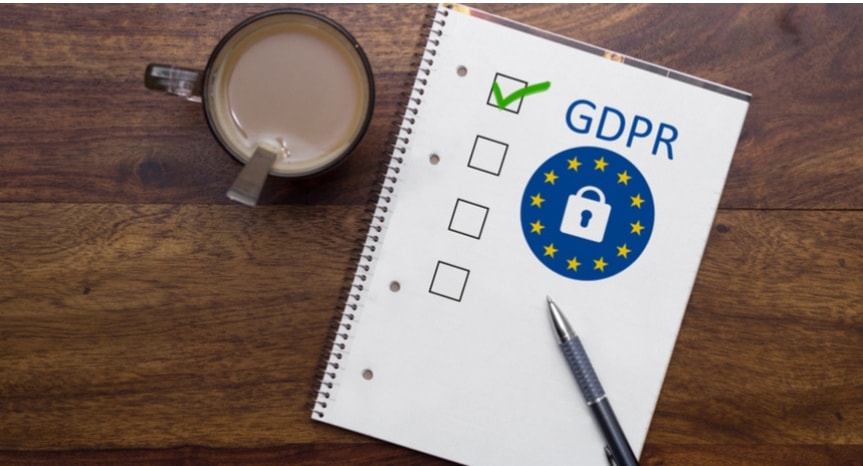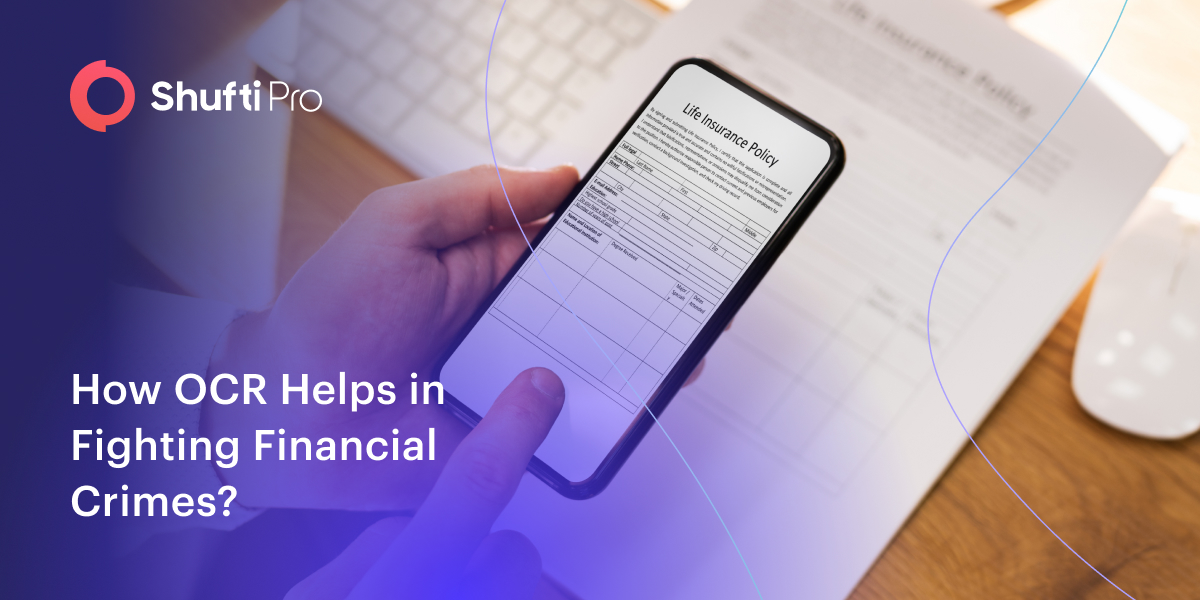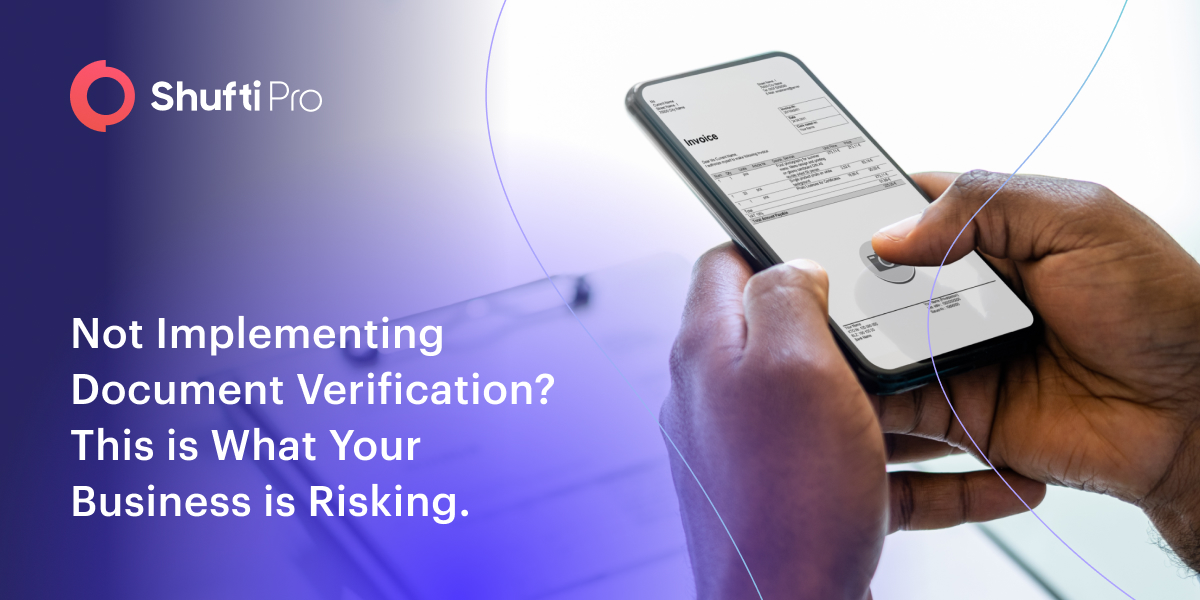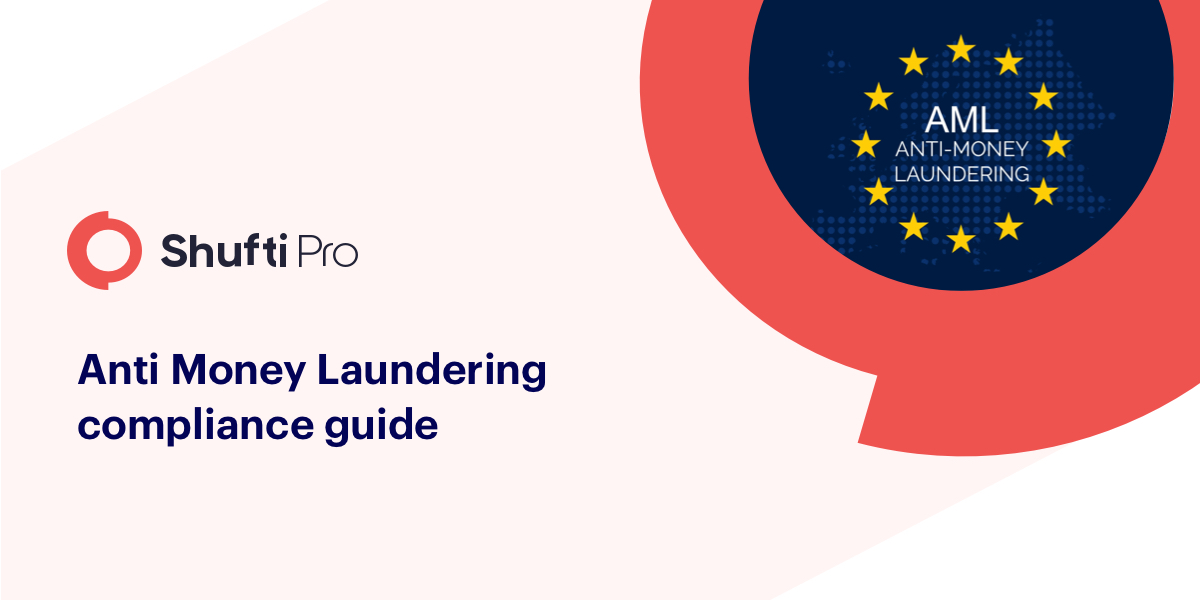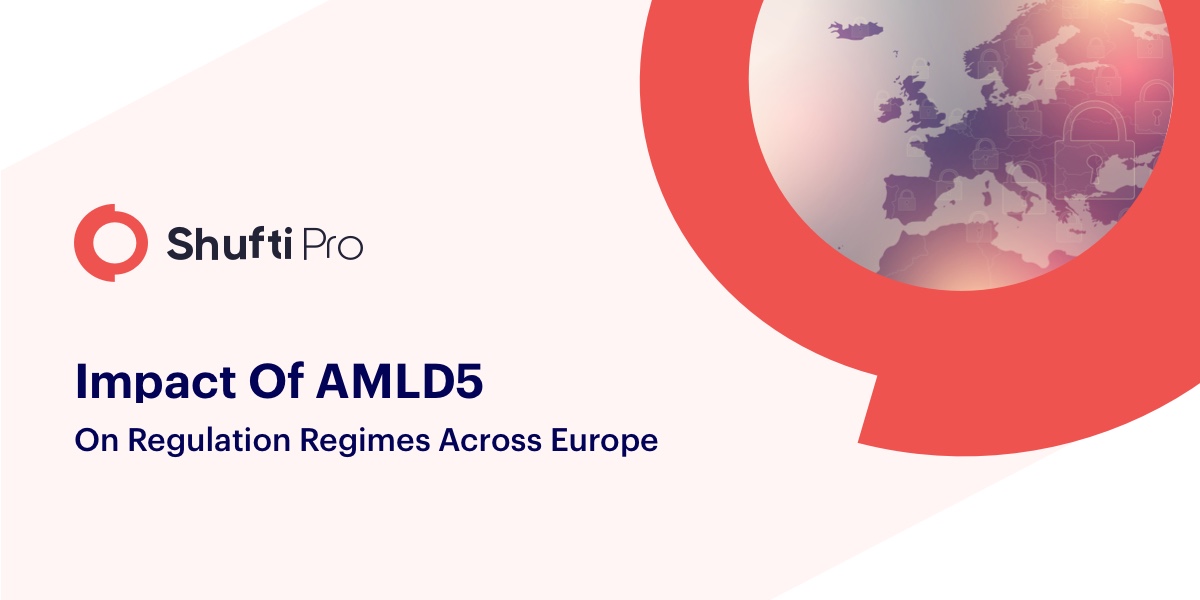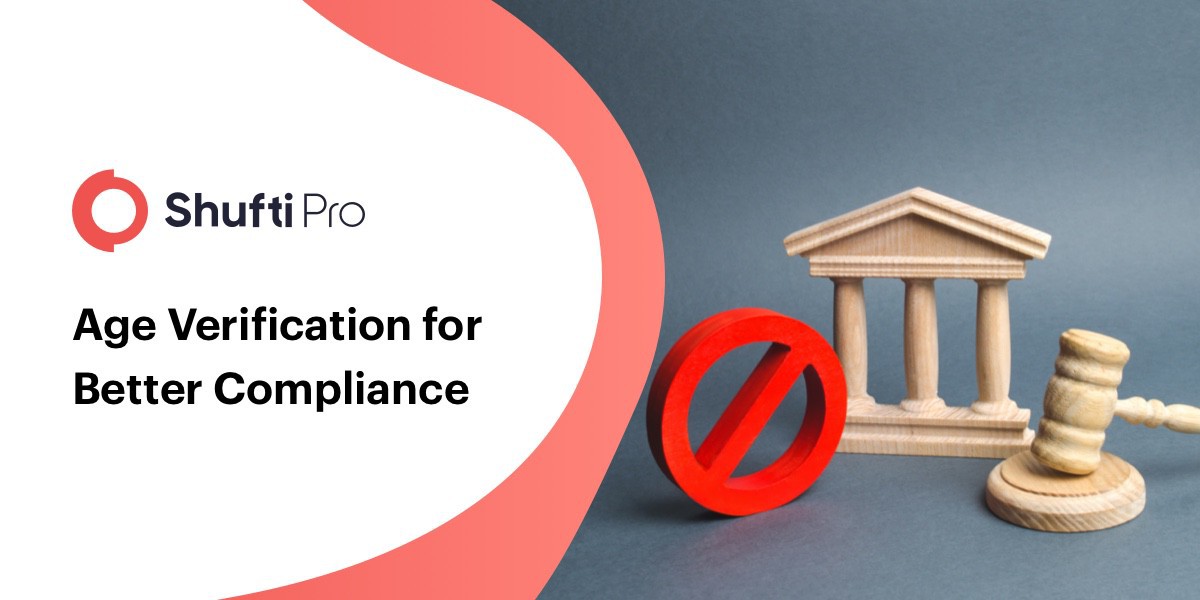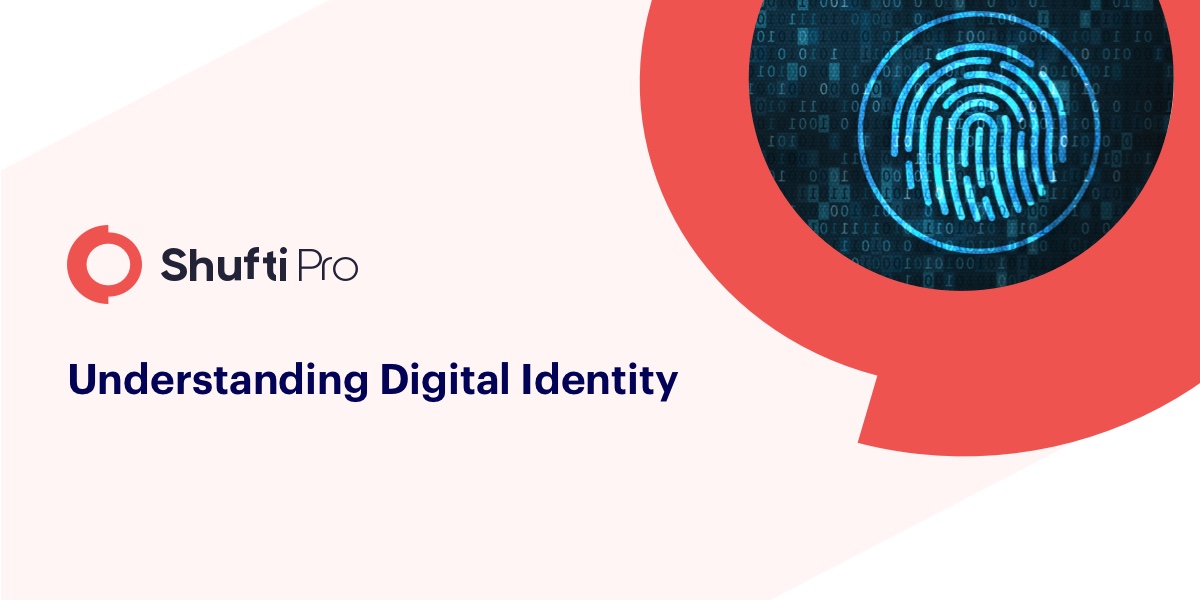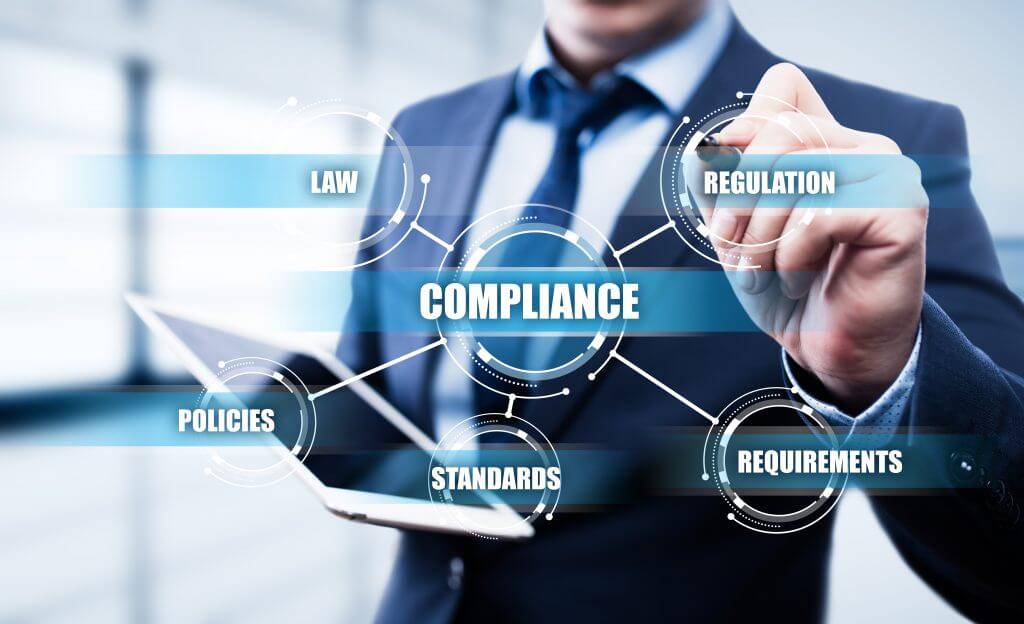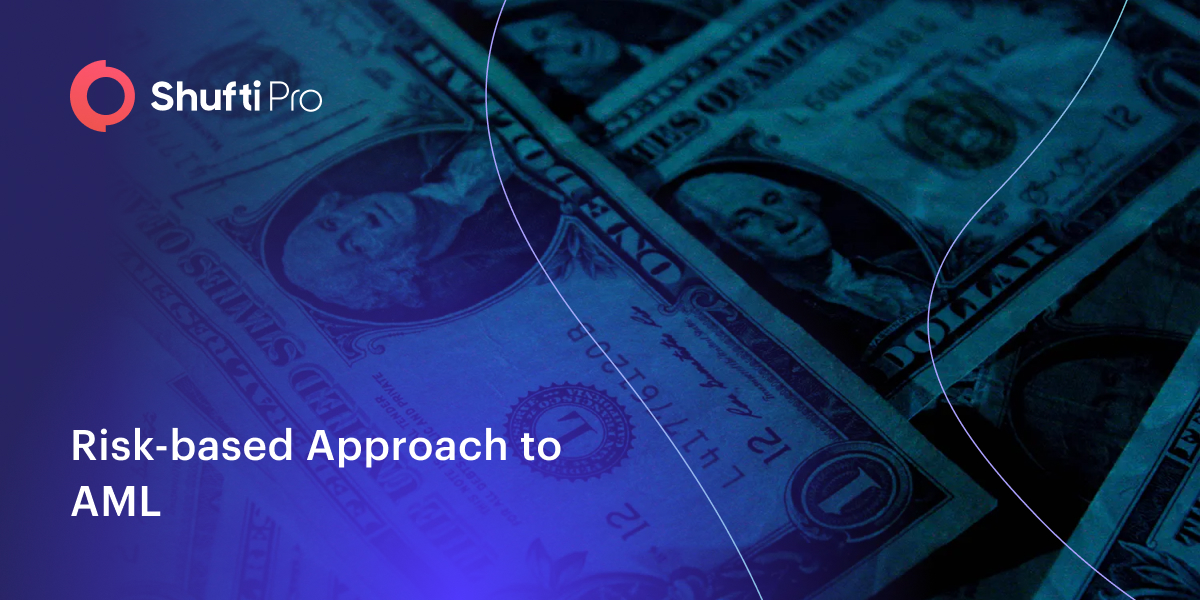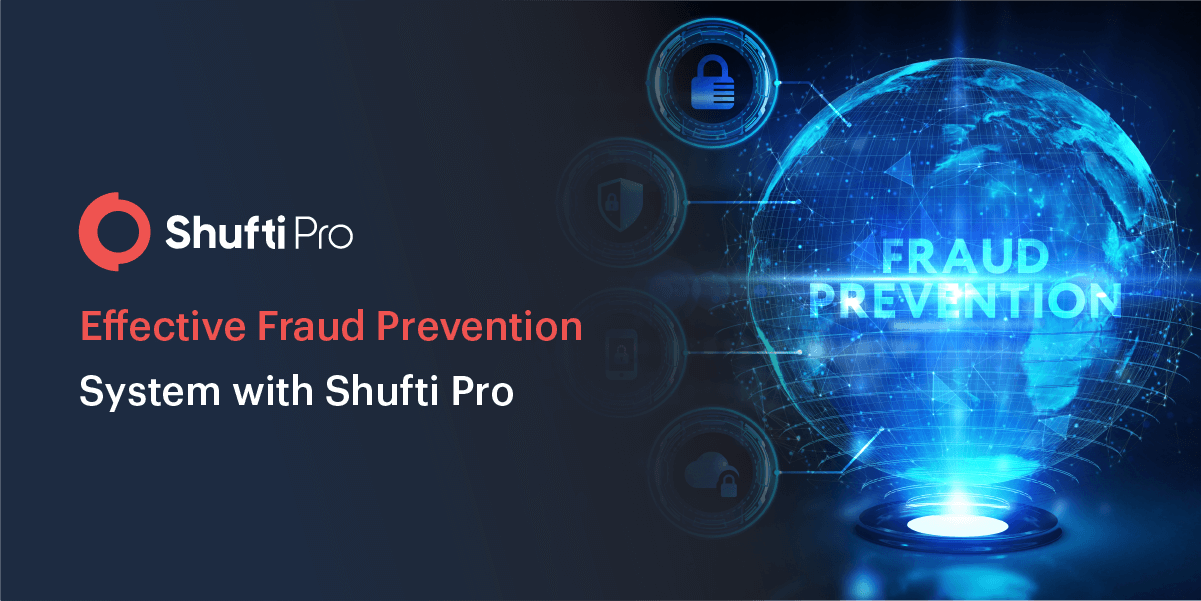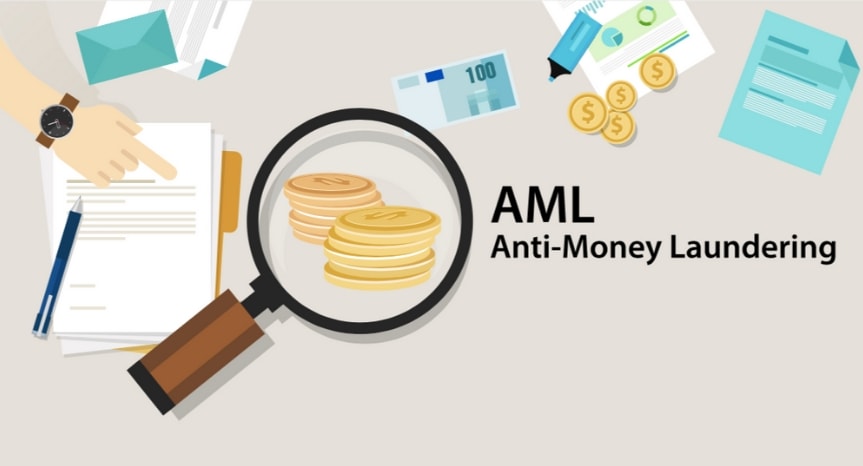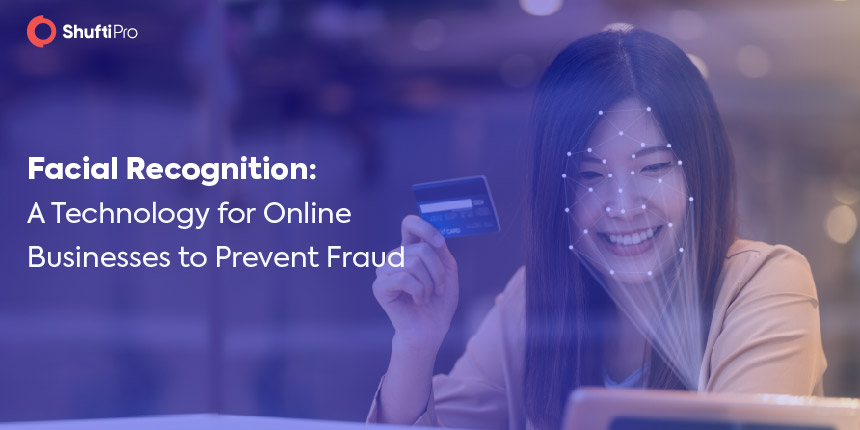Legal Entity Identifier (LEI) — What it means and how it helps financial institutions?
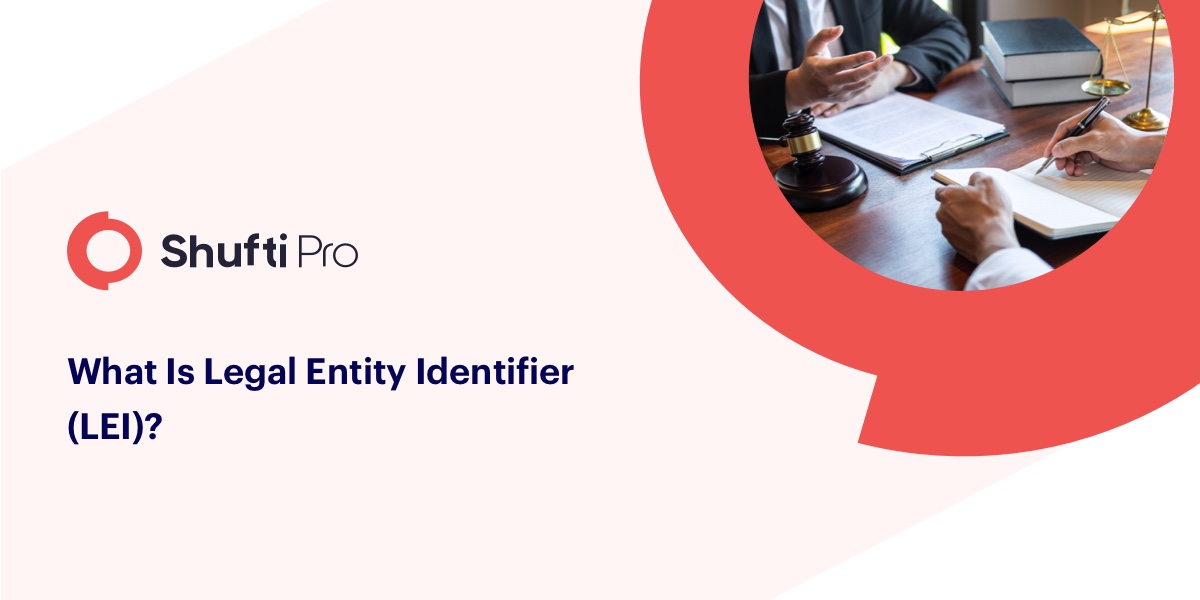
The need for trusted digital communication in this age is crucial due to increasing cybercrimes. The digital world is prone to several challenges among which data protection is the one more prevalent and disastrous. With the flow, the incoming regulations come up with the need for stringent security measures for the protection of customer data, digital surveillance, business identification, and a clean clientele. Legal Entity Identifiers (LEIs), therefore, are in place, that help businesses introduce transparency in the system as well as onboard a clean customer base.
Today, financial companies are active in introducing various financial services and products in the market without disclosing the relationship and associations with the companies. The ambiguity in company bonds, their names, and affiliations can lead to several unfortunate regulatory issues. Therefore, an independent UK’s financial regulatory body, the Financial Conduct Authority (FCA) was established that regulates the financial enterprises, provides services to consumers as well as maintain integrity among the financial markets in the UK to ensure transparent trading.
In 2011, the LEI system was developed in response to the financial crisis in 2008. Supervised by the LEI Regulatory Oversight Committee (LEI ROC), central banks and other financial regulators, the Global Legal Entity Identifier Foundation (GLEIF) was put in place to support the global adoption of LEI. In December 2012, LEIs were issued for the first time and till September 2018, about 1.2 million entities registered around the world.
What is the Legal Entity Identifier (LEI)?
LEI is a unique 20-character alphanumeric number, based on ISO 17442 standard, used to represent a legal entity such as a company, firm, regulatory body or trust globally. LEI numbers are used by the legal parties in financial transactions and organizations. A verifiable source is publicly available that helps identify the legal entities simply and quickly.
LEI 20-characters are divided into three parts. In the number, 0-4 characters contain the identification number of issuing organization, 5-18 contain a company identification number, and 19-20 are the check digits. The LEI helps financial institutions, policymakers, and regulatory authorities to trace the connections in the financial system. It provides a unique identifier for the entities that participate in financial transactions. It is accessible in the publicly available updated databases. LEI generates the following substantial benefits for financial businesses:
- Clear regulatory reporting
- Accurate identification of adverse party exposures
- Increased operational efficiency
- Free of charges database management
- Improved business risk management
It also generates efficiencies for financial companies in internal reporting, risk management, and in collecting, cleaning, and aggregating data. In addition, the LEI is expected to ease companies’ regulatory reporting burdens by reducing overlap and duplication with respect to the multiple identifiers reporting firms must manage.
What kind of legal entities can register an LEI number?
The companies that want to register with an LEI are required to contact the LEI issuing organization. Companies then need to provide the required information to issuers and pay the fees. The information is validated by them against an authentic source, for example, business registers and if verified, LEI is assigned. To register an LEI number, most commonly the issuers ask the company to provide the name and address of legal entity as listed in the official business registers, country and subdivisions codes, date when first LEI was assigned, and date of latest updates in LEI information.
The following are some legal entities that can register an LEI number:
- Financial institutions
- Registered companies
- Registered subsidiaries
- Non-profit organizations
- Sole proprietors
- Credit rating agencies
- International business branches
- Funds and trust
An international branch office belonging to the same country in which there is the head office of an organization does not need to register again because one LEI is issued per country.
Who needs LEI?
The use of LEI is in the process of implementation by regulatory authorities such as EU, Canada, the US, and the Asia Pacific. LEI is required by the following EU regulations as well as directives:
- Market Abuse Regulation (MAR): Financial instruments issuers and the reporting of entities involved in suspicious transactions
- European Markets Infrastructure Regulation (EMIR): Brokers, beneficiaries, CCPs, and counterparties
- Securities Financing Transactions Regulation (SFTR): Groups involved in financial transactions, securities and beneficiaries
- Prospectus Regulation: Securities issuers that are admitted for trading purposes in the EU regulated market as well as offered to the public
- Markets in Financial Instruments Directive II (MiFID II) and Markets in Financial Instruments Regulation (MiFIR)
- Alternative Investment Funds Directive (AIFMD): Real-estate funds and managers
- Capital Requirements Regulation (CRR): Credit institutions and banks
- entities
- Solvency II: Insurance groups and firms, financial resources and pension funds
- Credit Rating Agencies Regulation (CRAR): Credit rating agencies
- Central Securities Depositories Regulation (CSDR): CSDs and their participants
How does LEI help financial institutions?
The banks and financial institutions are facing challenges while monitoring high-risk entities. Especially the borrowers that are located out of the state or country and have borrowed a huge loan becoming a high-risk entity for the bank. Tracking these borrowers is difficult as they do not have a unique identifier. When the registry started growing up, legal firms and sole proprietors started borrowing huge amounts from the banks, if that amount is above the one specified by the banks, the entity is obliged to register an LEI number to help institutes trust them and trace the ultimate beneficial owner.
The borrower companies whose clients are not located in the region they operate in, for example, credit rating agencies, banks, and other financial institutions, they can access the publicly available database to gather credible information related to the clientele. Therefore, it deters the risk of fraud the legal entities can bring for the financial businesses. Moreover, verification of beneficial owners can be done that on the other hand is a benefit as well as a regulatory requirement. This helps financial institutions actually know who they are dealing with.
The global business infrastructure is getting complex so is the tracking of fraudulent entities. To combat the risk of fraud, demand for business identification is growing. Therefore, LEI helps businesses identify the legal entities in the publicly available updated databases to perform identification in a clear and quick manner. LEI is becoming a business development and growth tool internationally.




